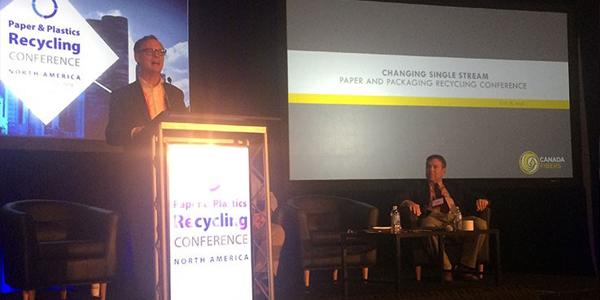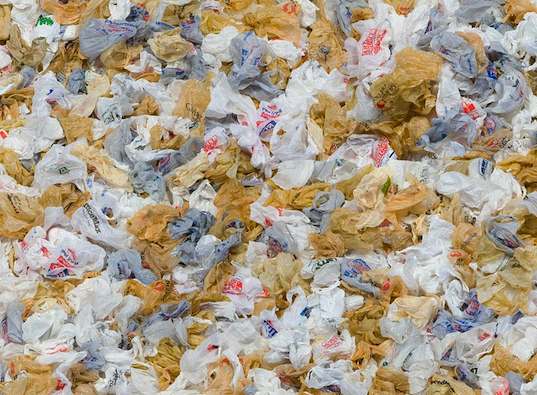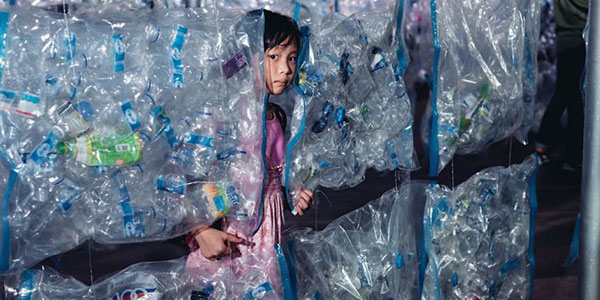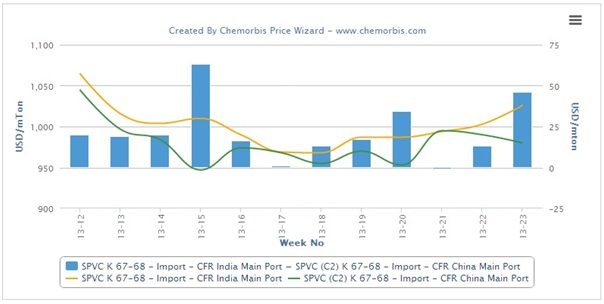This is why recycling is a “false solution” in Africa
Plastic, and especially single-use plastic, is increasingly becoming a global environmental threat – and it is becoming clearer that recycling is nothing more than a false solution.
Our waterways are filled with plastic waste and animals’ stomachs are full of it, yet we have been told for years that recycling is a solution.It is frustrating to see our rivers, oceans and communities filled with single-use plastic waste. And what we see floating on our waterways and washing up our beaches is just a tip of the iceberg. Most of this plastic waste ends up on the seabed.
Once the plastic waste enters the seabed, it makes it impossible to clean up. While in the ocean, larger pieces of plastics break apart into smaller fragments. These fragments are consumed by sea animals. If recycling is a solution, why are we still seeing all this plastic waste?
(Read about how plastic bottles end up in Kenya’s waterways and not its recycling plants)
Consumers’ efforts to reduce their plastic footprint are important, but more often, plastic straws, bags, bottles, and packaging materials are pushed onto buyers who are overwhelmed and hard-pressed to find alternatives that put a stop to single-use plastics penetrating the market, since recycling seems to be failing us.
We operate in a broken system. There is a growing call and concern for action against this monstrous problem.
So far, the main contributors to the plastic menace have no meaningful strategies to contribute to slaying this plastic monster. Every single corporate commitment made by the main plastic polluters allows the continuous use of single-use plastic packaging.
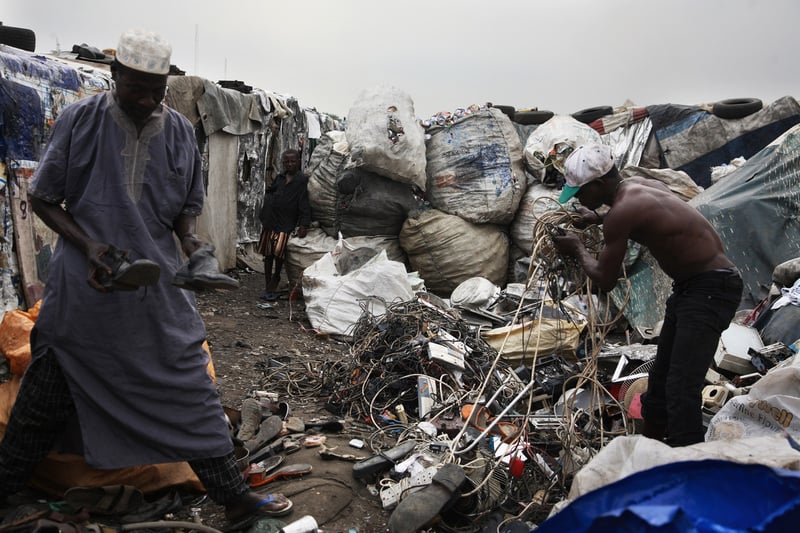
Collection systems
The solutions being explored are mainly on recycling, which is not sufficient to address the plastics pollution crisis. Fast-moving goods industries such as Coca Cola, Nestle and Unilever, need to increase their ambitions. We have no time to procrastinate.
Research shows that since the 1950s, only 9 percent of all the plastics produced has been recycled. The World Economic Forum estimates that globally, 32 percent of plastic packaging escapes the collection systems.
It’s time to face reality. We urgently need to stop the production of single-use plastics.
This should start with the main contributors to the plastic pollution crisis who must take responsibility for this problem and reevaluate their dependency on single-use plastics packaging. Corporates and businesses must move beyond pledges on improving recycling and commit to massive phasing out on their single-use plastic usage.
This means an end to the business model which relies on disposable products and one way packaging, and the start of a new paradigm that will allow the co-creation of alternative delivery systems that encourages reusing and refilling, over recycling, which we know, just does not work.
While there may not be a one size fits all approach, all businesses and corporations must begin to examine their business model that is centred on disposal, with single-use plastic packaging as the main product delivery system for their customers.
They should start to reimagine a model where disposable plastics are eliminated.
Eliminating unnecessary and problematic products and packaging such as plastic straws and single use carrier bags, investing more in reusable and refillable systems would form a lasting solution to the plastic challenge we face today, as compared to recycling.
There are many alternative product delivery models that can eliminate the use of single-use plastics.
(BLOG: “125 Health Experts Confirm that Reusables are Safe During COVID-19 Pandemic”)
For instance, shortening products supply chains by sourcing and distributing more locally, reduces the need for packaging allowing more innovative product delivery options that not only foster reduced waste production, but also promote community connectedness.
Models such as supermarkets having milk ATMs for refilling milk rather than packaging it in plastic bottles is another good example.
Societies and communities are getting concerned about the plastic pollution monster.

Shopping differently
And consumers need to be provided with a chance to choose to go plastic-free. Initiatives such as having plastic-free aisles in supermarkets will give consumers a chance to choose an alternative approach to shopping, and eliminate the need for recycling altogether.
In Kenya, the phase out of unnecessary and problematic single-use plastics has already been set in motion by the authorities through the ban on single-use plastic carrier bags.
There is a need to expand and build on this momentum to transition to a plastic-free future. The ban should extend to all single-use plastic materials such as single use plastic bottles, sachets and straws – corporates cannot greenwash with the promise of recycling anynore.
Eliminating plastic use will create a real change of securing a future that is healthier for our families, our communities and the species that call this planet home.
References : https://www.greenpeace.org/africa/en/blogs/11670/recycling-is-a-false-solution-to-plastic-pollution/



